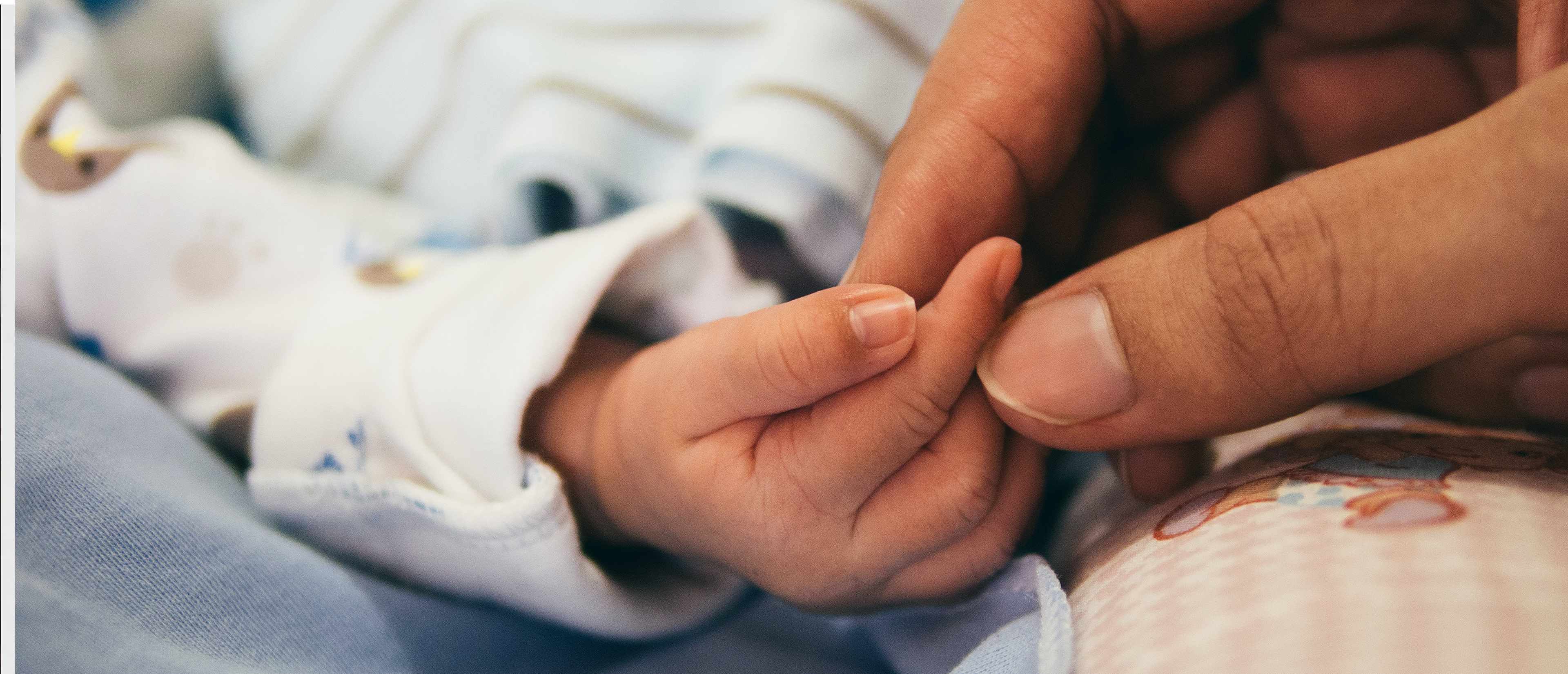Mum to 1 year old Albie, Chloe Hunt has been a practising midwife since 2014 after training at UWE Bristol. She currently works in an Acute Maternity Hospital in Bath which has a birth rate of around 6,500 births per year.
“My role as a midwife is never the same day to day and is full of the unexpected, it can be a very emotionally and physically demanding job but ultimately it really is the best most rewarding job in the world. I get to care for new mothers and families at such an intimate time in their lives and help to bring their new baby into the world. Even over 300 births later, each one is still just as special”.
In this week’s blog Chloe discusses perinatal mental health and draws upon her own experiences as a new mother, particularly in light of the COVID-19 global pandemic. Over to Chloe...
"Now more then ever it is paramount we recognise and support mothers perinatal mental health. It is reported that expectant and new mothers are up to three times more likely to suffer with their mental health in light of the COVID-19 global pandemic.
I know from my own experiences since becoming a mother that the journey is not easy - it’s unknown and one we can truly underestimate. Maternal instinct doesn’t always come naturally - and the numerous changes we face; such as in our lifestyle, identity and relationships even as an expectant mother is something we learn how to navigate ‘on the job’.
The challenging climate of the COVID-19 outbreak has placed an even greater stress on this; triggering anxieties among new and expectant mothers. Specifically around; limitations to routine antenatal care, birthing alone, fear of contracting the virus, safeguarding our newborns or even the financial implications of job insecurity.
The lack of clarity and uncertainty surrounding COVID-19 is noticeably and understandably causing a considerable increase of perinatal anxiety and depression.
A significant part of being a midwife entails building a trusting relationship with mothers and families quickly - we are part of one of the most intimate experiences of their lives.
Although; now hidden behind copious amounts of PPE and a mask it is proving more challenging then ever to be ‘with woman’ and fulfil the human element of our role. With our smiles gone, extra effort into reassuring with our eyes and practising even more compassion through our tone of voice, actions and words helps to build a relationship where we can support women in recognising and managing any fears and/or anxieties which have emerged or are heightened during these difficult times.
It’s true that they say a women often finds her greatest strength when she is most vulnerable, and I have experienced this multiple times first hand as a midwife - even more so now whilst working on the COVID frontline. But it is okay not to be okay - life can be difficult, the reality of living a life with COVID is difficult. You don’t have to face tough times alone, if you are having a difficult time talk. Talk to your partner, your midwife, your GP or a healthcare provider in your area; someone who has your best interests at heart and can help you find your way. What we are all experiencing right now is temporary - it won’t last forever, we are starting to see light at the end of the tunnel.
My own baby has grown up so much in this last ‘lockdown’ year and while the world and all its uncertainty seemed more then I could handle at times - it only takes one glance at your baby and most loved ones to know that better days are just around the corner".
